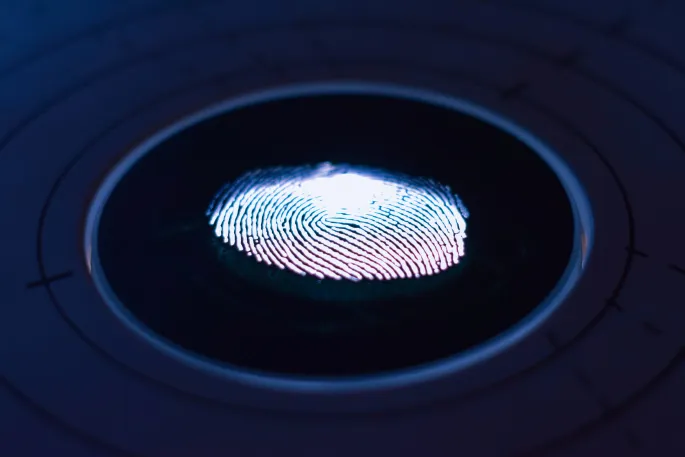Digital Cultural Heritage
Digital cultural heritage is the maintenance of cultural objects through digitisation and digital preservation

‘Cultural heritage breathes a new life with digital technologies and the internet. The citizens have now unprecedented opportunities to access cultural material, while the institutions can reach out to broader audiences, engage new users and develop creative and accessible content for leisure and education.’
Irish cultural heritage institutions, such as museums, libraries, galleries and archives, hold vast quantities of digitised materials in addition to their more traditional physical or paper collections. These materials include photographed museum objects or artworks, scanned documents and books, digital audio and video recordings, as well as advanced technological objects such as 3D scans and models of physical artefacts, interactive virtual or augmented reality experiences, online curated interactive exhibitions, and much more.
In addition to these traditional memory institutes, there are many other organisations, from government departments and non-governmental organisations (NGOs) to community and civil society groups, who are increasingly creating born-digital content. This content also forms an important part of Ireland’s contemporary cultural heritage record, but it is often stored only on scattered hard drives or temporary websites.
The Digital Repository of Ireland (DRI) supports a vision where cultural heritage in the digital context is accessible and shared to entertain and inform. DRI supports the reuse of cultural heritage data in research, education, the creative industries, and tourism. This content needs to be responsibly curated, preserved and shared, not only on organisations’ websites, but via National and International platforms such as the DRI Repository, HeritageMaps.ie, Data.gov.ie, and Europeana.
DRI advocates for the preservation, sharing, and open licencing of digital cultural heritage content. This advocacy enables democratic access by the widest possible audience in Ireland and abroad, as well as encouraging creative use, re-use, and co-creation of content. The DRI’s Position Paper on priorities for the EU Public Consultation on Digital for Cultural Heritage outlines our priorities for Irish digital cultural heritage content. We have undertaken projects that advocate for the importance of digitally preserving our shared cultural memory.
Image credit: George Prentzas on Unsplash
DRI is funded by the Department of Further and Higher Education, Research, Innovation and Science (DFHERIS) via the Higher Education Authority (HEA).



